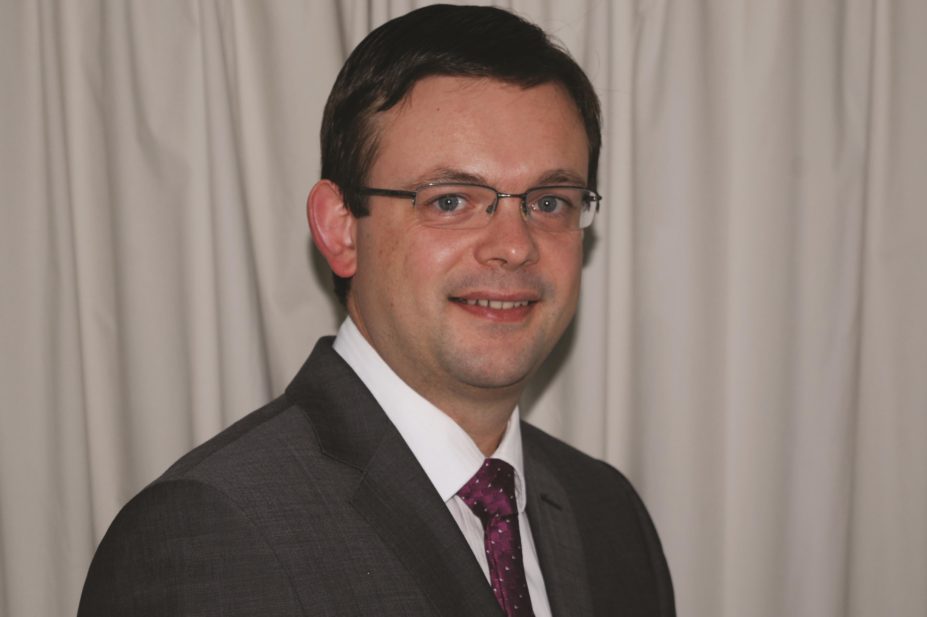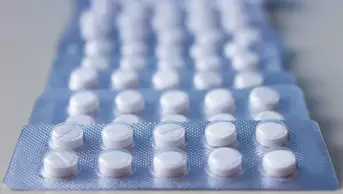
Pharmacist David Churchward works as an inspector for the Medicines and Healthcare products Regulatory Agency (MHRA) to ensure medicines manufacturers meet specific quality standards.
What is your current role and how did you get there?
I am a good manufacturing and distribution (GMDP) inspector with the MHRA. I started my career in a large NHS foundation trust as a hospital pharmacist, progressing through a rotational post and then moving into technical services full time. I reached the post of principal pharmacist for aseptic services, responsible for managing a central intravenous additive service and a production unit manufacturing under a ‘Specials’ licence. After seven years in the NHS, I applied for a post with the MHRA as a GMDP inspector.
Why did you decide to take on a role in inspections at the MHRA?
While working in NHS technical services, I gained an MSc in pharmaceutical technology and quality assurance. This built on my aseptic production experience and made me want to find a role where I could use my knowledge and skills in a wider range of dosage forms and technologies. The GMDP inspector post gave me this opportunity, together with the chance to travel overseas and experience different cultures and ways of working, which I would not otherwise be able to do. The job also gave me the chance to influence the development of manufacturing standards.
What does your role involve?
As an inspector I am responsible for making sure that manufacturers meet specific quality standards, while enabling them to operate flexibly and ensure continuity of supply. This means I have to work with stakeholders in drug development, the pharmaceutical industry, the NHS and patient groups to ensure that regulation is proportionate and public health is protected while bringing innovative products to market safely.
Within the inspectorate, I am responsible for providing technical and professional leadership to our team of 30 GMDP inspectors. A big part of my role involves membership of the cross agency group that considers suspension of manufacturing and distribution authorisations because of serious non-compliance. This is not just about action — we also try to educate the industry in the causes of these failures through events such as our annual symposia.
I have international responsibilities, including working with the World Health Organization to train inspectors from developing countries to build global capacity in medicines regulation. A combination of classroom sessions on international standards, as well as observed inspections, enables regulators to share information and work more closely in future, which is important in securing the supply chain.
My inspection work takes me to all parts of the UK, as well as countries that supply the EU, such as China, India and the United States. The inspected sites range in size and complexity from fewer than ten people in a small hospital facility to more than 10,000 people in an industrial complex the size of a small town. There is always an opportunity to learn as technology develops, for instance, novel manufacturing methods, or new products such as gene and cell therapies. This sometimes requires a different interpretation of existing standards, or new regulations to ensure product quality and safety.
What do you enjoy most about your role?
Mostly, I enjoy the diversity of my role, from the wide variety of inspections to the opportunity to set regulatory standards and provide education.
I enjoy representing the UK during international collaboration work. The global supply chain makes it important to share regulatory information with other trusted authorities. An important part of this effort is the harmonisation of regulatory standards. This reduces the burden for industry, and also enables participating authorities to take account of each other’s inspections.
A significant achievement for me was to implement the MHRA’s approach to compliance management. Occasionally, a manufacturer may have difficulty in achieving the required standards. Rather than taking regulatory action or risking defects and product shortages, the inspectorate now intervenes at an early stage to help the company return to compliance. It is achieving the best results for patients, industry and regulators, although we do still need to take action in the most serious cases.
What do you find most challenging about your role?
A particularly challenging part of my role is making risk-based decisions that balance compliance and product quality issues with maintaining supply of medicines to patients. The global supply chain is complex because a single manufacturer often supplies many products to many countries. I work with colleagues across the MHRA and Department of Health to make decisions in the interests of UK patients, while coordinating with European counterparts to consider potentially different needs in other markets. This can mean that different countries need to take different actions and the communication of these differences can be difficult.
What advice would you give to a pharmacist hoping to pursue a similar role?
A particular strength of our inspectorate is the real-world experience we bring to the role, and candidates are required to have five years of experience in a regulated GMDP activity, such as an authorised manufacturing or clinical trial site in the NHS or pharmaceutical industry.
Perhaps the most important qualities an inspector can demonstrate include the ability to apply their expertise to a wide range of situations and technologies, critical thinking skills, and pragmatism.
A pharmacist considering a career as an inspector should not be concerned if they do not have experience of all dosage forms or technologies because training is provided and there is a support network of colleagues across the UK.


